
erp英文系统,Introduction to ERP Systems
时间:2024-11-24 来源:网络 人气:
Introduction to ERP Systems
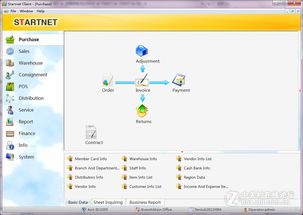
Enterprise Resource Planning (ERP) systems have become an integral part of modern business operations. As businesses grow and become more complex, the need for efficient management of resources and processes becomes paramount. ERP systems offer a comprehensive solution to streamline operations, enhance productivity, and improve decision-making. In this article, we will delve into the basics of ERP systems, their evolution, and their significance in today's business landscape.
What is an ERP System?
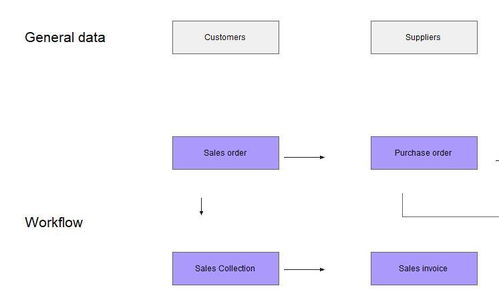
An ERP system is a software application that integrates various business processes across an organization. It serves as a centralized platform that allows for the management of core business functions such as finance, human resources, supply chain, manufacturing, sales, and services. By consolidating these processes into a single system, ERP systems help businesses achieve better coordination, efficiency, and visibility into their operations.
Evolution of ERP Systems
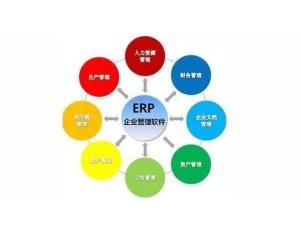
The concept of ERP systems originated from Material Requirements Planning (MRP), which was developed in the 1960s to manage manufacturing processes. Over time, MRP evolved into Manufacturing Resource Planning (MRP II), which included additional functions such as capacity planning, sales and operations planning, and financial management. In the 1990s, ERP systems emerged as a comprehensive solution that integrated various business functions, leading to a more holistic approach to managing a company's resources.
Key Features of ERP Systems
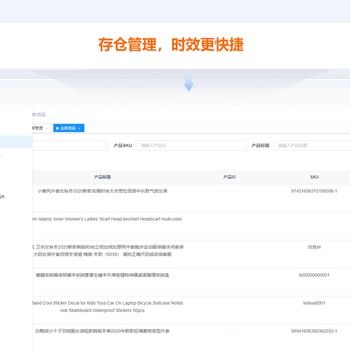
ERP systems offer a wide range of features that cater to different business needs. Some of the key features include:
Financial Management: ERP systems provide tools for budgeting, financial reporting, and accounting, enabling businesses to manage their finances more effectively.
Supply Chain Management: These systems help businesses optimize their supply chain processes, from procurement to production and distribution.
Human Resources Management: ERP systems facilitate the management of employee information, recruitment, training, and performance evaluation.
Manufacturing and Operations Management: These systems help businesses plan, schedule, and execute production activities, ensuring efficient resource utilization.
Sales and Marketing: ERP systems provide tools for managing customer relationships, sales forecasting, and marketing campaigns.
Benefits of ERP Systems

Implementing an ERP system can bring numerous benefits to a business, including:
Improved Efficiency: By automating various business processes, ERP systems help reduce manual efforts and streamline operations.
Enhanced Collaboration: ERP systems facilitate better communication and collaboration among different departments, leading to improved decision-making.
Increased Visibility: These systems provide real-time data and insights into business operations, enabling better monitoring and control.
Cost Reduction: By optimizing processes and reducing manual errors, ERP systems can help businesses save costs in the long run.
Scalability: ERP systems are designed to grow with the business, allowing for easy expansion and customization as the company evolves.
Challenges in Implementing ERP Systems
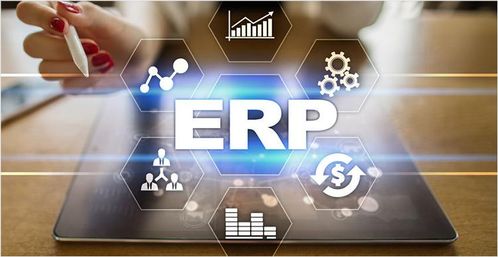
While ERP systems offer numerous benefits, implementing them can be a complex and challenging process. Some of the common challenges include:
High Implementation Costs: The cost of acquiring and implementing an ERP system can be significant, especially for small and medium-sized enterprises.
Complexity: ERP systems are complex and require a considerable amount of time and effort to configure and customize.
Change Management: Implementing an ERP system often requires significant changes in business processes and employee roles, which can be challenging to manage.
Data Migration: Migrating existing data to the new ERP system can be a complex and time-consuming process.
Conclusion
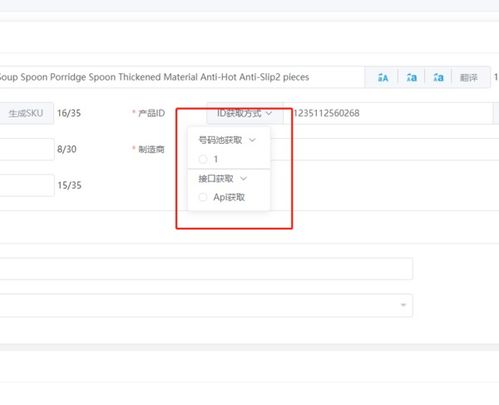
ERP systems have become an essential tool for businesses looking to optimize their operations and improve their competitive edge. By integrating various business functions into a single platform, ERP systems help businesses achieve better coordination, efficiency, and visibility. While implementing an ERP system can be challenging, the long-term benefits make it a worthwhile investment for any business looking to thrive in today's dynamic market.
Tags:

ERP systems, enterprise resource planning, business management, supply chain, financial management, human resources, manufacturing, operations, benefits, challenges
相关推荐
教程资讯
教程资讯排行
- 1 psp系统升级620,PSP系统升级至6.20官方系统的详细教程
- 2 能够结交日本人的软件,盘点热门软件助你跨越国界交流
- 3 12371党员信息查询系统
- 4 海康威视c2c设备不在线,海康威视C2C设备不在线的常见原因及解决方法
- 5 ipad软件老是闪退?,iPad软件老是闪退?原因及解决方法全解析
- 6 psp3000系统6.61破解,老男人游戏网psp游戏下载
- 7 塞班系统微信下载,塞班版本的微信下载
- 8 读书郎平板系统升级,读书郎平板电脑系统升级指南
- 9 显卡驱动无法找到兼容的图形硬件,显卡驱动安装时出现“此图形驱动程序无法找到兼容的图形硬件”怎么办?
- 10 手机系统升级后支付宝,手机系统升级后怎么恢复旧版本













